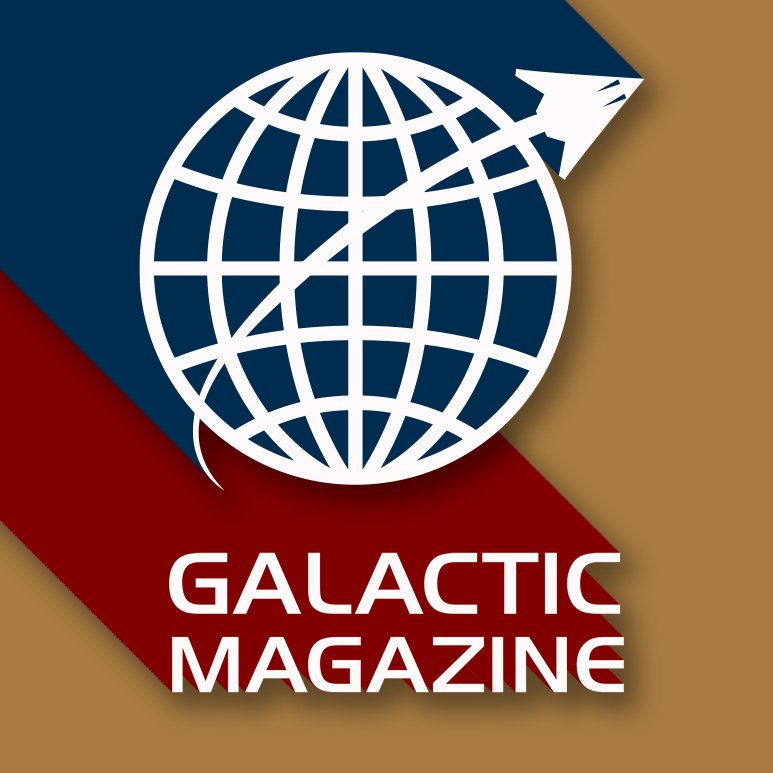Germain Tobar, a student at the University of Queensland, has reignited debates around the feasibility of time travel with his groundbreaking theoretical research. Under the supervision of physicist Fabio Costa, Tobar explores the possibility of time travel without the paradoxes that have long confounded both scientists and storytellers.
Time travel has been a beloved concept in science fiction, with classics like Back to the Future and Donnie Darko often grappling with the infamous “grandfather paradox.” This paradox suggests that if a time traveler alters a key event in the past—like preventing their own grandfather from meeting their grandmother—it could prevent their own birth, thus eliminating the possibility of them traveling back in time in the first place. Tobar’s study, however, proposes a resolution to this seemingly inescapable contradiction.
At the core of Tobar’s work is a fresh interpretation of Einstein’s theory of general relativity. General relativity already allows for time loops, where an event could exist simultaneously in both the past and future. Tobar’s calculations suggest that space-time could naturally adjust itself to avoid any paradoxes. For instance, if a time traveler were to go back in time to stop a disease outbreak, Tobar’s theory posits that while they might prevent the initial cause of the outbreak, another, different path would emerge to bring about the same outcome. In other words, the timeline remains consistent, and the paradox is avoided.
Tobar’s theory introduces a new dimension to the idea of time travel. While traditional models consider time as linear, where past events directly influence future outcomes, Tobar’s research suggests that time might be more flexible. Time travelers could theoretically alter specific events in the past, but these changes would not lead to disruptive inconsistencies. Instead, the universe would adapt, bending back into a consistent state, much like a self-correcting fabric.

Consider this example: if a time traveler attempts to prevent a major historical event, like a war or disaster, Tobar’s theory suggests that the universe might compensate, ensuring a similar event occurs differently. This dynamic, self-correcting mechanism allows time travelers a degree of freedom in their actions, but it also implies a certain inevitability in the larger arc of history. Major events, according to Tobar, would still occur, just through different means.
This perspective on time travel moves away from the conventional idea that travelers can cause irreparable damage to the timeline or erase themselves from existence. Instead, it presents a reality where history is more resilient than previously thought, ensuring that even when small details change, the overall structure remains intact.
While Tobar’s research remains theoretical, its implications are profound. It not only challenges our current understanding of time but also offers a new framework for considering how the universe might function on a fundamental level. Fabio Costa, Tobar’s mentor, noted that no matter how hard one might try to create a paradox, the universe seems to “readjust” itself to maintain consistency.
Although time travel as envisioned by science fiction remains distant from our current technological capabilities, Tobar’s research is an important step in making it a mathematically plausible concept. It builds upon existing theories, suggesting that the universe itself could be the key to resolving the age-old paradoxes that have fascinated physicists and philosophers alike.


